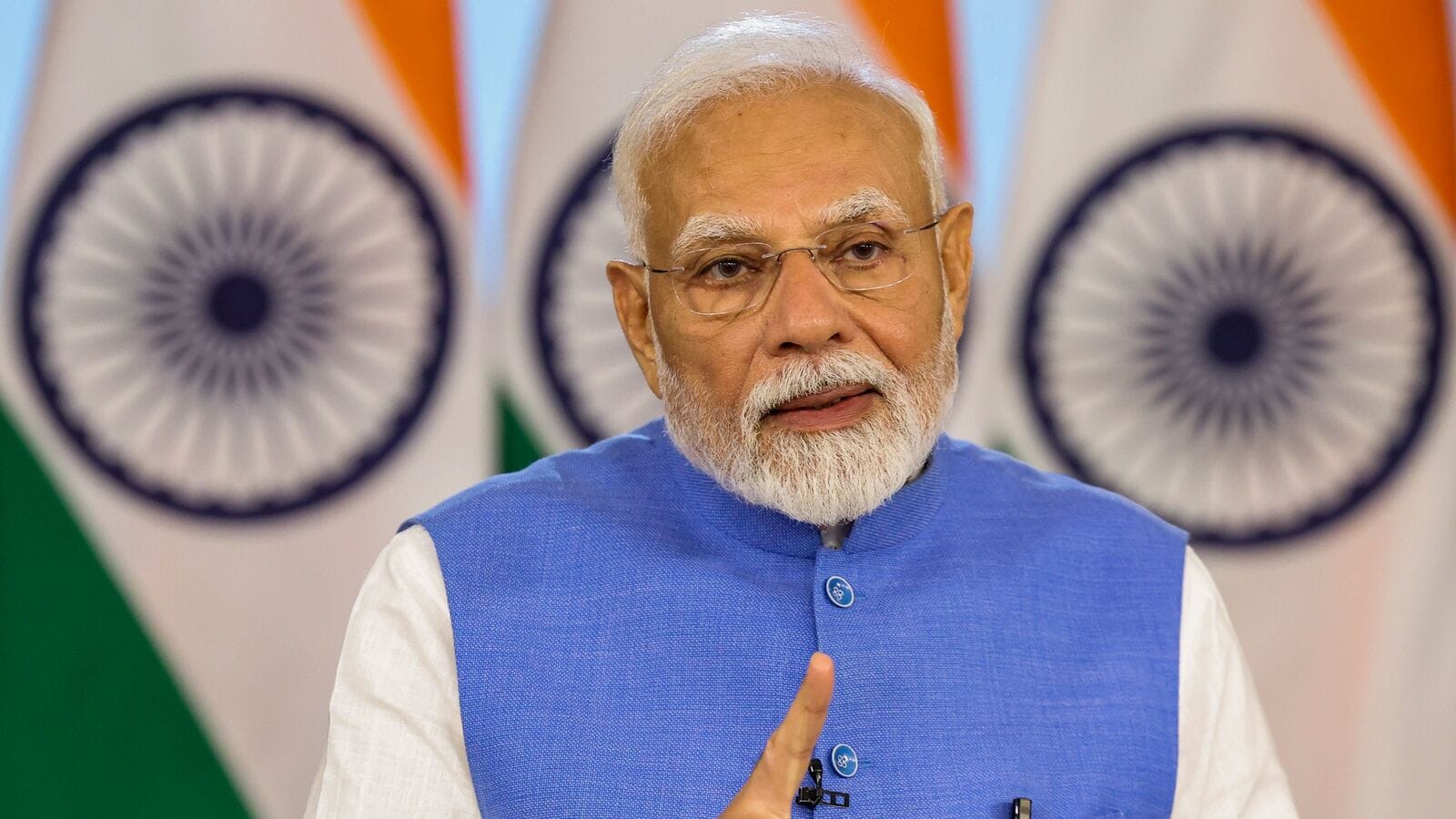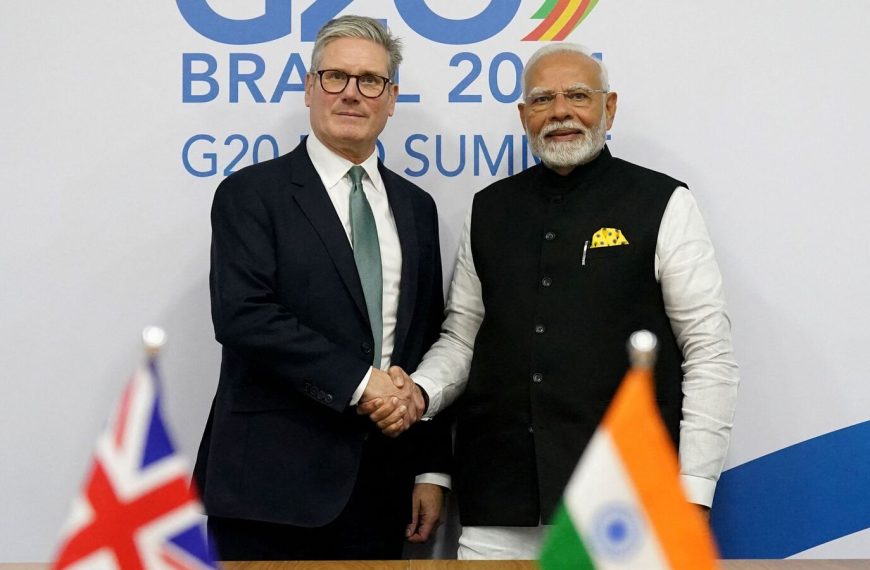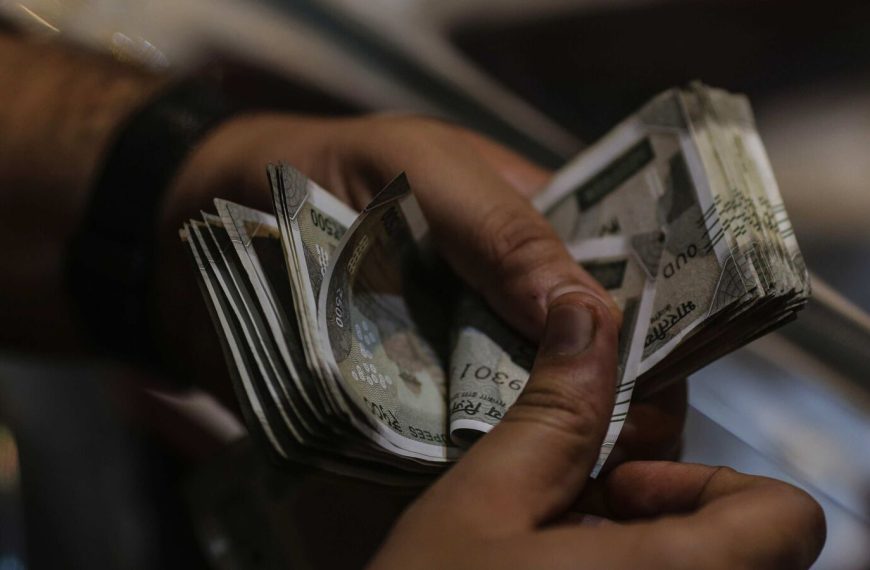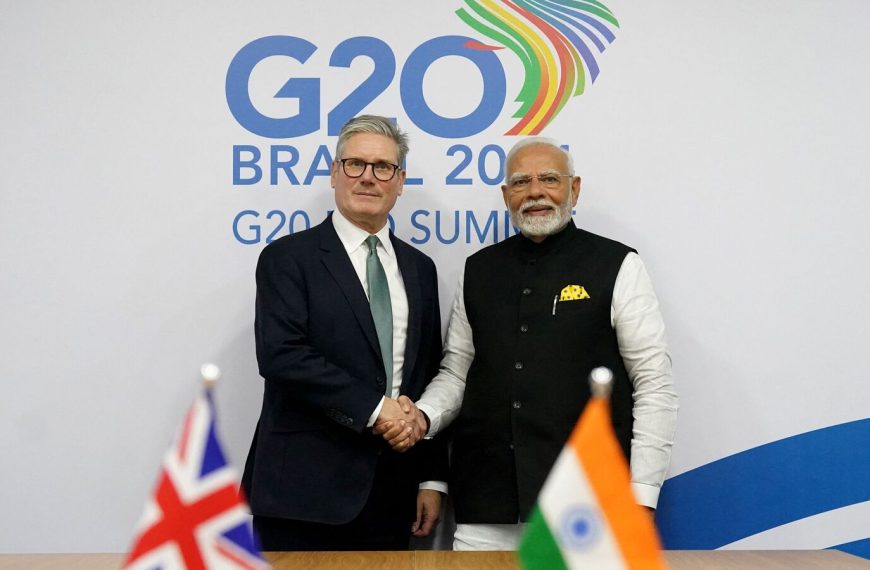India and the UK Forge Landmark Free Trade Agreement
In an exciting development for global trade, India and the United Kingdom have officially signed a monumental Free Trade Agreement (FTA) after extensive negotiations spanning three years. This agreement not only addresses critical issues like enhanced visa access for skilled professionals but also resolves the contentious carbon tax that has been a significant hurdle. The FTA represents a key step forward in the diplomatic and economic ties between the two nations, aiming to attract investments, generate employment, and foster economic collaboration.
Strengthening Economic Ties
The newly established India-UK FTA is set to enhance bilateral relations, creating new opportunities for cooperation. Prime Minister Narendra Modi, in a recent statement, highlighted the importance of this agreement, noting that it serves as a historic milestone for both countries. He expressed his enthusiasm for the potential benefits, stating, “These landmark agreements will deepen our Comprehensive Strategic Partnership and catalyze trade, investment, growth, job creation, and innovation.”
The agreement also includes a Double Contribution Convention, which will ease the burden on individuals and companies operating in both nations by eliminating the need to pay social security contributions in each country.
Key Features of the Agreement
The negotiations, which began in January 2022, focused on several critical areas:
- Visa Access: Greater access for Indian professionals to work in the UK.
- Carbon Tax: Resolution of the contentious carbon tax issue.
- Market Access: Duty-free access for specific Indian goods in exchange for the UK’s dairy products and reduced tariffs on Scotch whisky, electric vehicles, and chocolates.
Union Commerce Minister Piyush Goyal remarked on the significance of the FTA, calling it a new benchmark for equitable trade relations between two major economies. He emphasized that the agreement will benefit various sectors, including farmers, fishermen, and micro, small, and medium enterprises (MSMEs). “This FTA is not just about trade; it’s about people, possibilities, and prosperity,” he noted.
Economic Impact and Future Goals
Industry leaders have praised the FTA for its transformative potential. Sanjiv Puri, president of the Confederation of Indian Industry (CII), stated that the agreement reflects a shared commitment to enhancing economic ties and fostering technological collaboration. He highlighted the goal of steering bilateral trade towards an ambitious target of $100 billion by 2030.
Harsha Vardhan Agarwal, president of the Federation of Indian Chambers of Commerce & Industry (Ficci), added that the FTA would invigorate sectors such as fast-moving consumer goods and healthcare. He believes this agreement showcases India’s growing economic strength and diplomatic influence on the global stage.
Growing Bilateral Trade
The trade dynamics between India and the UK have been on an upward trajectory, with bilateral trade reaching $21.34 billion in 2023-24, marking a 5% increase from the previous year. India’s merchandise exports to the UK were valued at $12.9 billion, while imports from the UK amounted to $8.4 billion. Both nations are committed to doubling their trade by 2030, further solidifying their economic partnership.
In conclusion, the India-UK Free Trade Agreement is not just a milestone; it’s a promising pathway towards a more prosperous and interconnected future for both countries. As discussions continue for additional trade agreements with other nations, India is positioning itself as a significant player in the global economic landscape.











